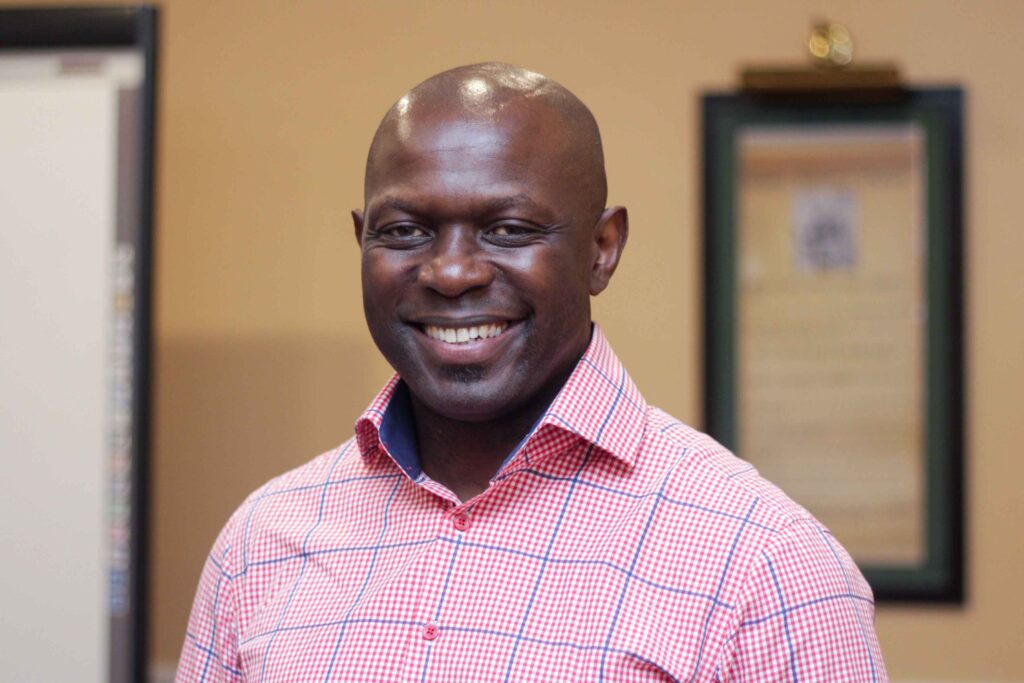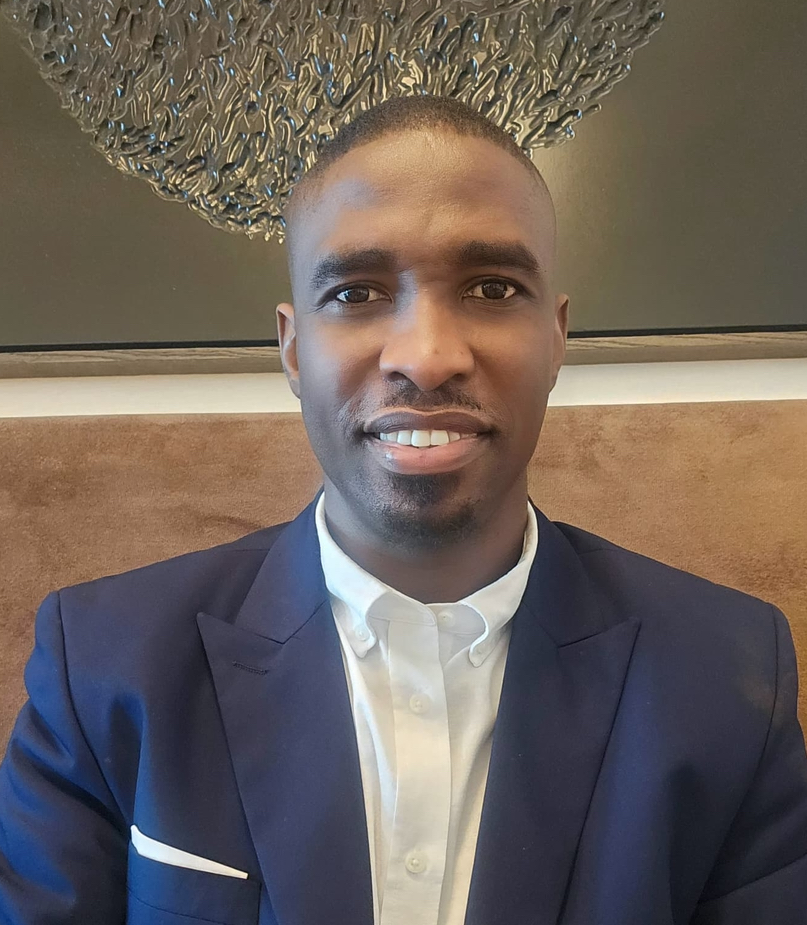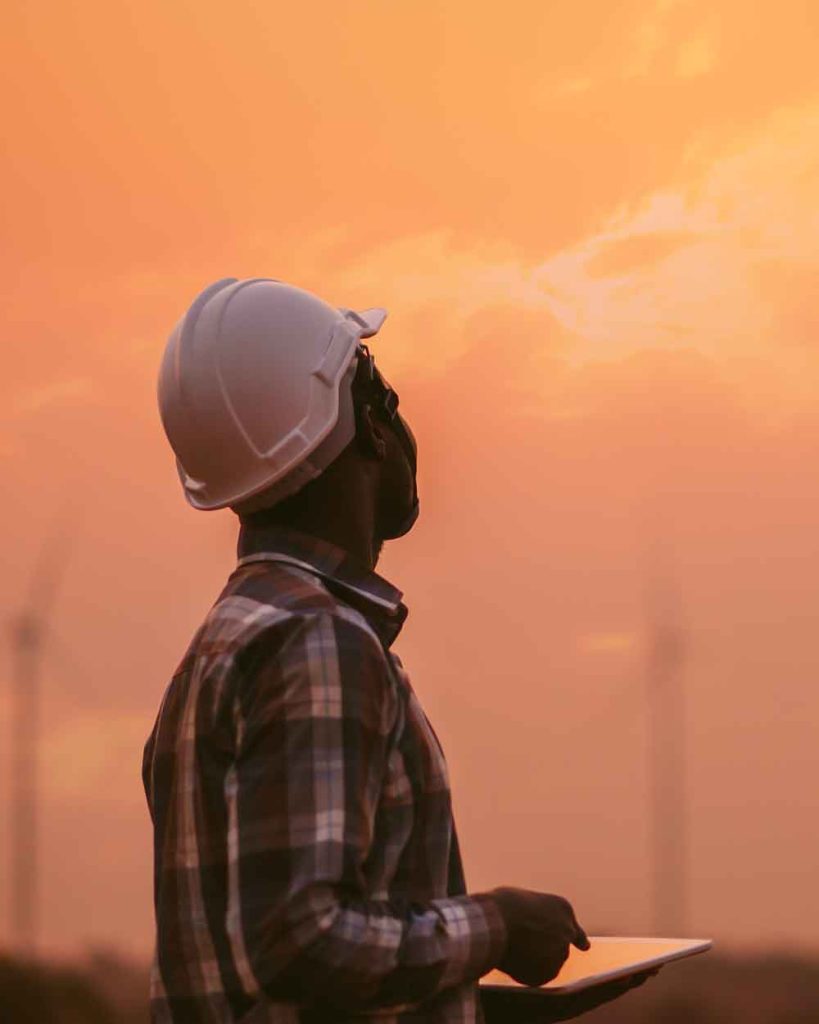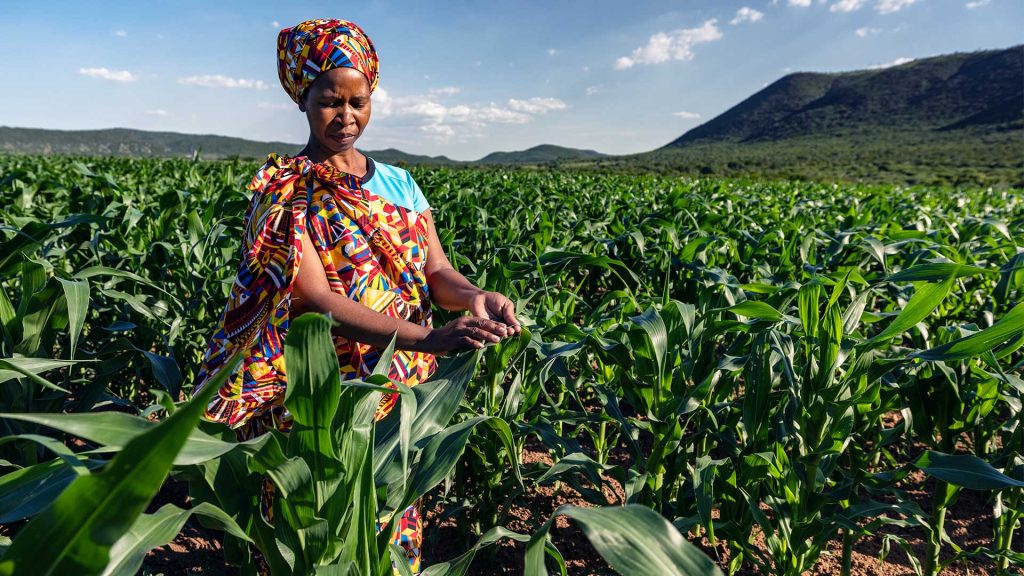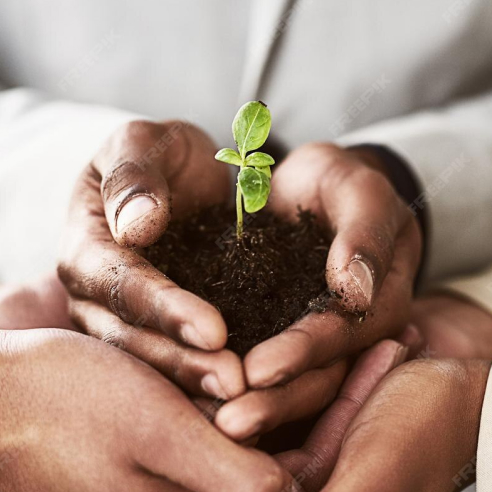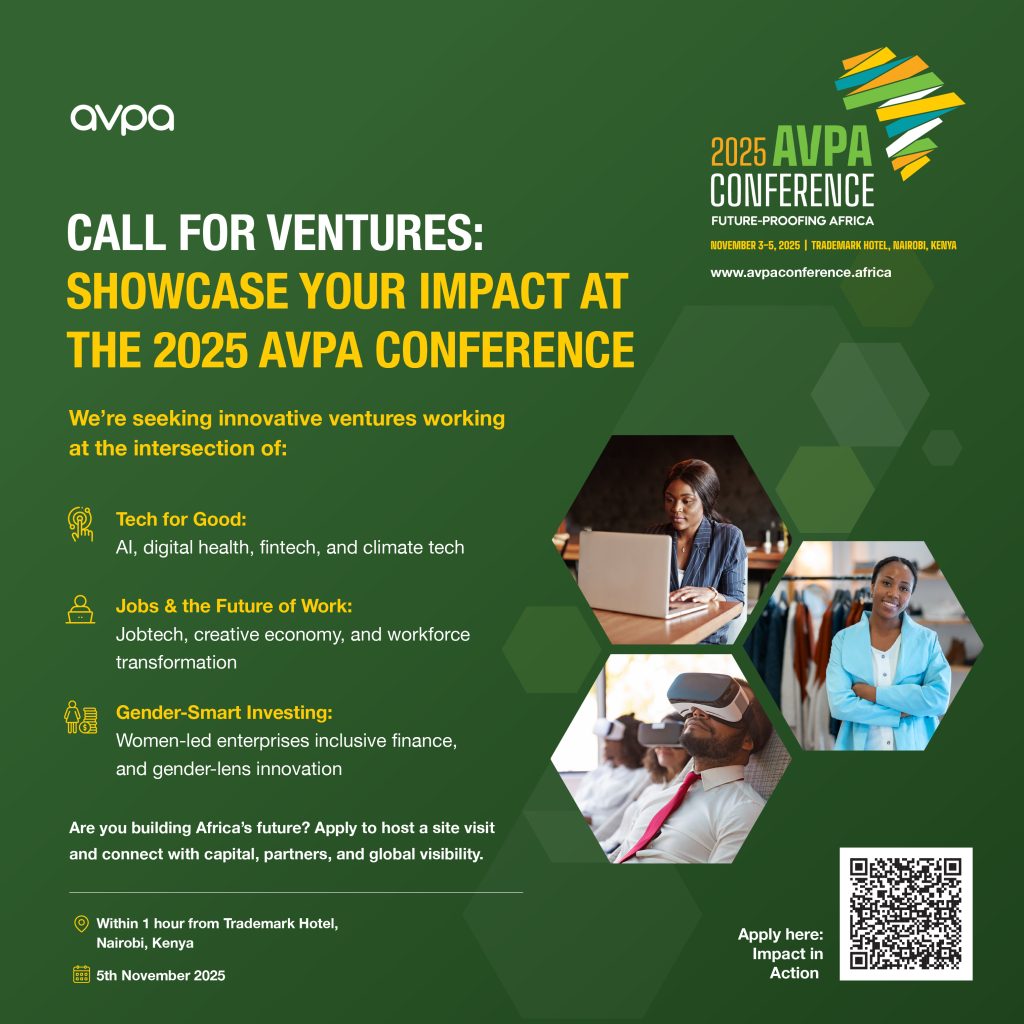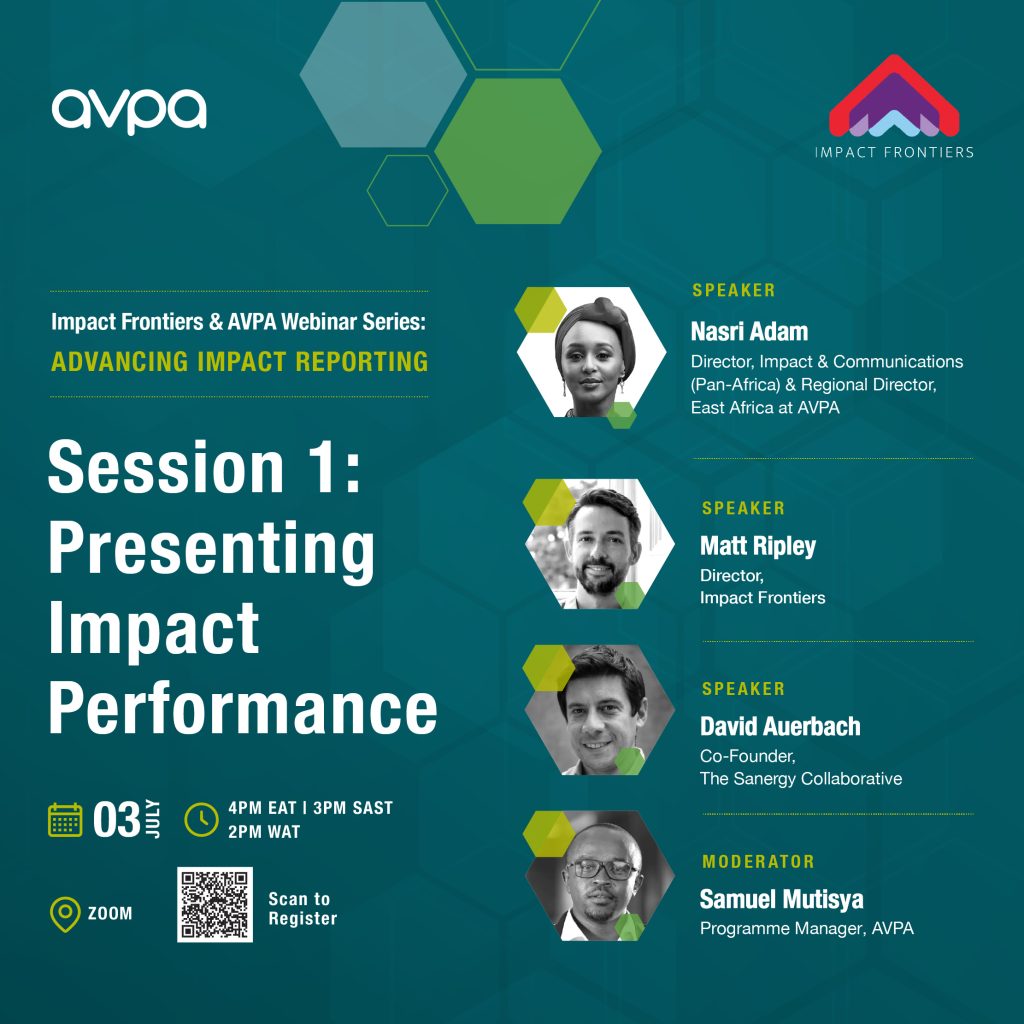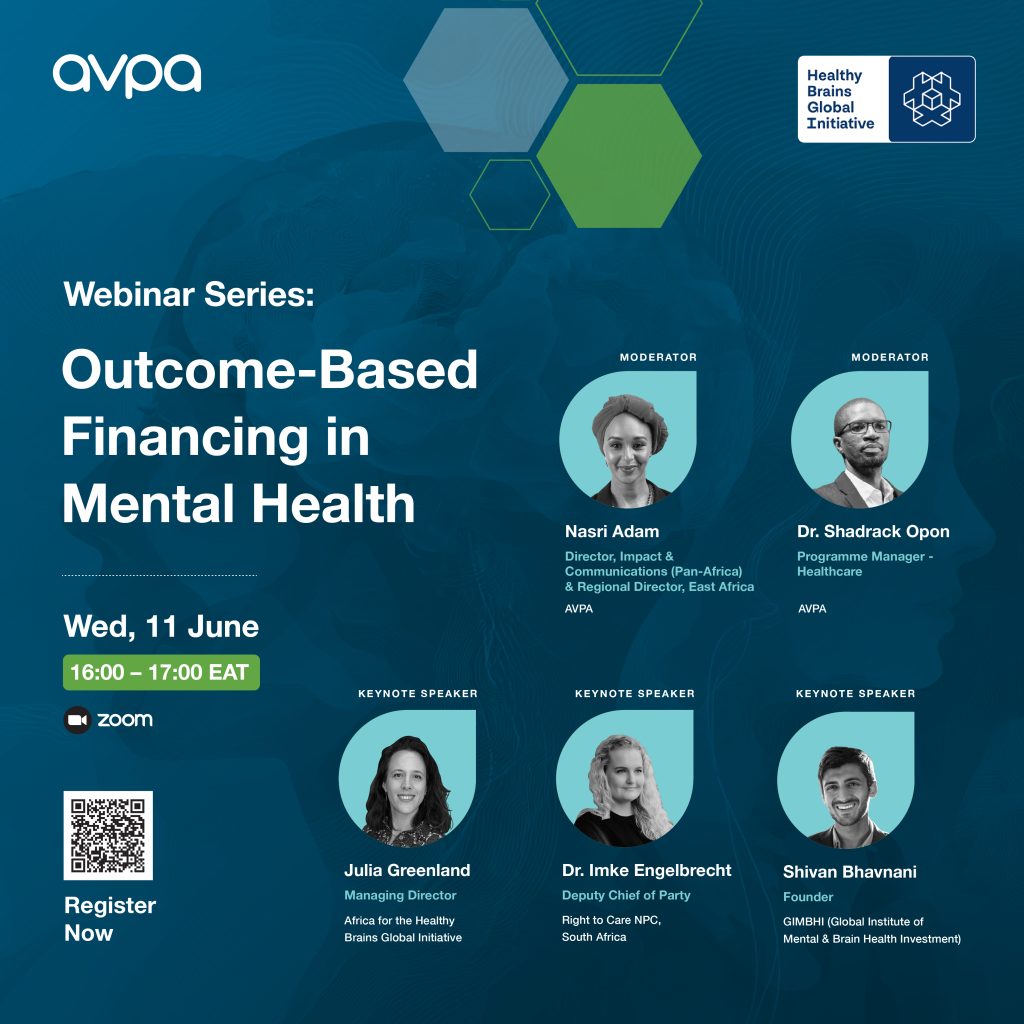The current state of the social investment landscape and key trends that will influence the increased flow of capital into social investments in West Africa
Lagos, November 20, 2020: The African Venture Philanthropy Alliance (AVPA), today, launched a landmark study report on the state of social investment financing in West Africa. The report maps social investments in West Africa with a deep dive focus on Nigeria, Ghana, and Ivory Coast, and a high-level assessment of Senegal, Sierra Leone, and Liberia. It is part of a series of three reports, where the other two focus on East and Southern Africa.
Dr. Frank Aswani, the CEO of AVPA, says this study provides both insights into the current state of the social investment landscape in the region, and a baseline against which to track future progress and key trends that will influence the increased flow of capital into social investments in Africa.
Highlights include the demand and supply sides of social capital, the role of philanthropy especially in unlocking private capital, deal sizes and the key focus areas for social investors. The report also identifies gaps in social investing and recommends ways to bridge them.
AVPA, a unique Pan-African network for social investors, headquartered in Nairobi with offices in Johannesburg and Lagos, is committed to building a vibrant and high impact social investment community across Africa. It was launched in 2018 with a mission to drive a transformative social investing agenda on the continent by unlocking new capital for social impact in Africa. The AVPA network operates along the continuum of capital: grants, debt, equity, and is aligned with thriving sister networks in Europe (EVPA), South America (Latimpacto), and Asia (AVPN) to form a dynamic global force for social impact.
Africa needs the private sector to realize the Sustainable Development Goals, as it commands a vast amount of financial as well as non-financial resources. In particular, the continent needs the $250 trillion global private capital markets to bridge an estimated annual gap of between US$ 500 billion and US$ 1.2 trillion in SDG funding. So far, Senegal is the only country in the West Africa region that has achieved an SDG – sustainable consumption and production.
“Similar to what happened when Nigeria rebased the economy, we need to rethink how we define sources of capital to expand the social investments capital base by including currently peripheral, but huge in West Africa, sectors like diaspora remittances, private philanthropy, corporate social initiatives, faith-based organisations, and crowdfunding,” says Oluwatoyin Adegbite-Moore, the AVPA Executive Director for West Africa. “Formalizing structures and frameworks that support these sectors in partnership with governments to create structures and systems that support and advance financing to start-ups, social enterprises, and nonprofits, will go a long way in helping bridge the demand and supply sides of social investments in the region.”
This requires a good understanding of the social investment landscape, and necessitates collaboration amongst the local, international, public, and private social capital providers to deploy existing capital resources in new ways. AVPA is addressing this by building a knowledge base of social investors and investments in Africa while working collaboratively to identify innovative programmatic interventions for creating increased social investments, effective and innovative capital deployment and sustainable and scalable impact across the continent.
The mapping of the Landscape for Social Investment Study was undertaken over eight months, in partnership with Intellecap, the advisory arm of The Aavishkaar Group.
Key highlights:
- Unlike the rest of SSA, aid to the region increased by 4% between 2013-2018. 59% of this aid went to Health (39%), Emergency response (13%) and Agriculture(7%).
- FDI declined by 43% between 2013-2018.
- Regional Tax revenues as a percentage to GDP are at 12.2% vs SSA average of 19% and an OECD average of 34%.
- The research identified over 250 diverse social investors operating across the focus countries, with 52% based in Nigeria.
- Supply of social investment capital is not well aligned with demand: the average transaction size by SFMs and DFIs who supply most of the region’s impact capital is much higher than required by most enterprises, which are still in the early stages of growth.
- The West African entrepreneurship space consists of more local entrepreneurs than expatriates, with most of the funding made into the local enterprises.
- West African countries lack coherent regulatory frameworks that explicitly define and support social investments and philanthropy. However, Ghana recently established a CSR Policy to motivate corporate giving.
- The West Africa region has witnessed an evolution in ‘institutional-based giving and investing’ influenced by the growing wealth in the region over the last two decades.
- The governments of Ghana and Nigeria are particularly active in supporting the social investment space. Governments in the region are focused on agriculture and SME support.
- Sustainable corporate social responsibility (CSR) is rising, but remains largely untapped, with mostly extractive industries and financial service companies at the forefront.
- Over the last decade, the region has witnessed a significant increase in the number of Gender Lens Investing (GLI) focused funds and philanthropic activities geared towards addressing issues facing women.
- West African countries, particularly Nigeria, receive an enormous amount of diaspora remittances ($34 Bn in 2018) and have begun developing innovative bond structures to leverage these funds for social causes
- Blended financing mechanisms such as concessional capital, and technical assistance funds are commonly used to catalyze investment in the region.
- Fundraising through technology-based crowdfunding and peer-to-peer platforms has been increasing over the years.
About AVPA: Established in 2018, the African Venture Philanthropy Alliance (AVPA) is a Pan-African network that seeks to drive a transformative social investing agenda in the continent. AVPA leverages the experience and momentum gained by the European Venture Philanthropy Association (evpa.eu.com), Latimpacto (https://latimpacto.org) and the Asian Venture Philanthropy Network (avpn.asia) – thriving networks with a collective membership of 900 members in more than 50 countries and are proven catalysts for mobilizing capital and helping members to deploy it more effectively to drive positive change. AVPA facilitates the flow of human, intellectual and financial capital, not only within Africa but also from the vast network of members across the 50+ countries outside of Africa. AVPA seeks to support the sector through several key service lines offered to its members.

